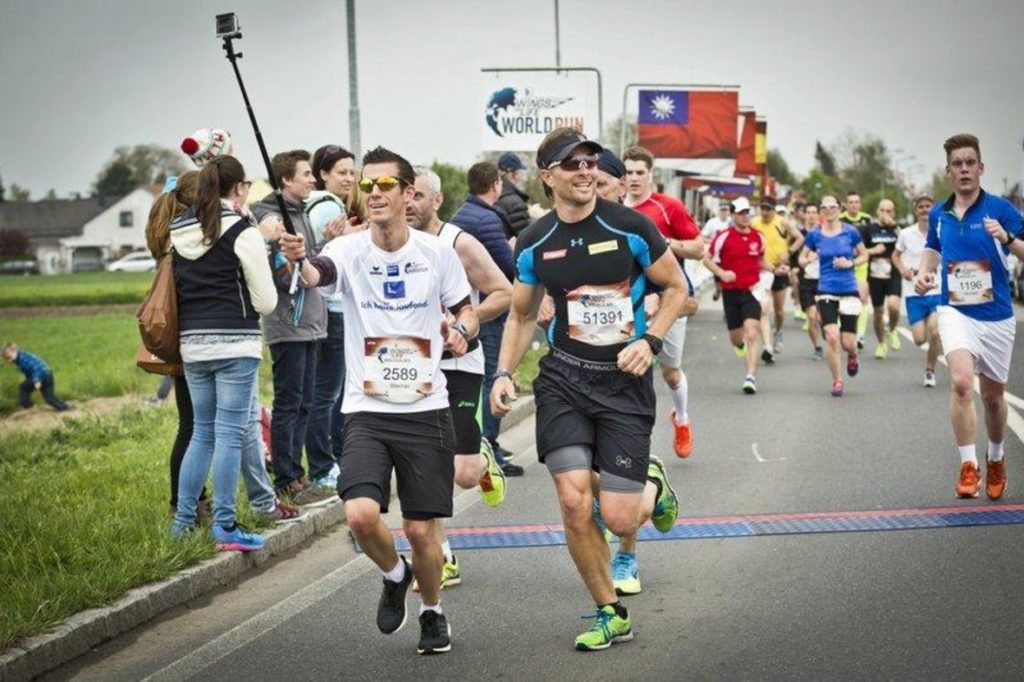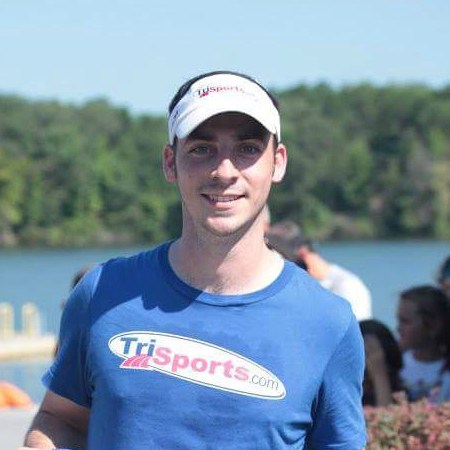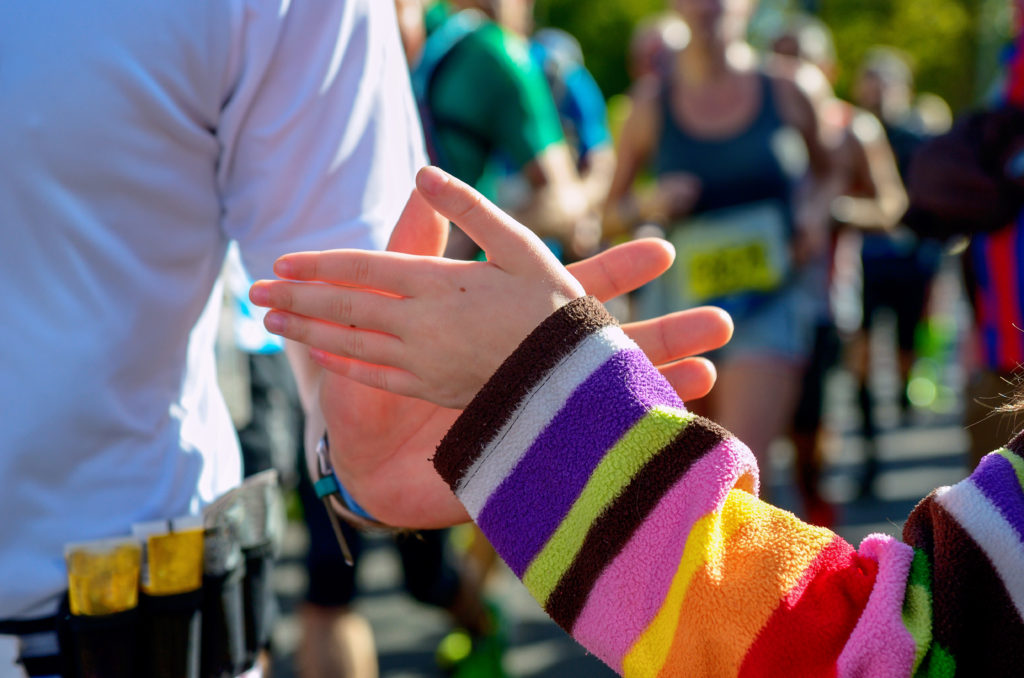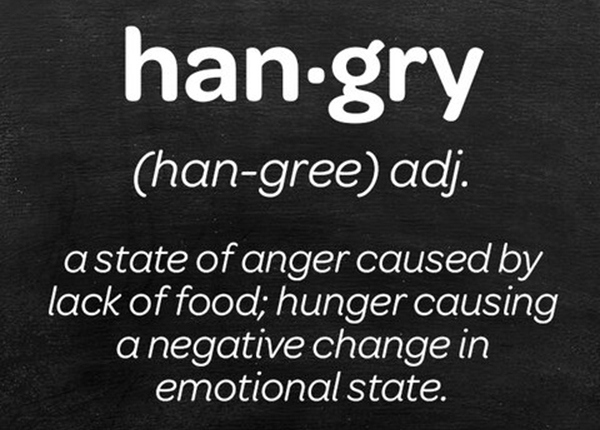Written by Nate Deck, Field Test Expert and TriSports Ambassador Team Athlete
Beginner triathletes spend many hours learning the ins and outs of the sport. They swim, bike, and run. They research and buy new toys gear. They learn the flow of the race and practice their transitions. But sometimes, they forget one thing…or I should say person.
Triathlon is a very individual sport, except when it’s not. Look no further than Olympic gold medalist Gwen Jorgensen and her husband Patrick Lemieux; he quit his job to support her (successful) quest for Olympic gold. Read more about how Gwen Jorgensen prepared for the Rio Olympics here. When it comes to race day, your support structure will be right there with you. They may be just as overwhelmed as you are by all of this, so here are some helpful hints to share with your beginner triathlon spectator.
Arrive Early, Before the Pre-Race Meeting
If you drive separate and you don’t want to be there at the crack of dawn, still plan to be there early. Races have limited parking and you don’t want to be walking a mile or more just to get to and from the car. The car will also be your friend in the time between quick glimpses of your athlete. Read more tips here on making the most of your race-day experience.
Familiarize Yourself with the Transition Area
The transition area is where all the activity happens. Most races have just one transition area where the athletes transition from swim-to-bike (called “T1”) and bike-to-run (called “T2”). Some races may have two separate areas, but these are point-to-point races that come with their own set of challenges. Knowing your way around transition will help you know how to position yourself to get the best glimpses/pictures of your athlete. It would be a bummer to be standing by the “Swim In” part of transition when your athlete is coming through the “Bike-In” area. You will also want to ask your athlete how long they think it will take them to complete each leg of the race. That will give you an idea of how much time you have before they get back to transition.
Pack Snacks and Water
Triathlons can take a long time, don’t sit there and be miserable with a stomach rumbling for something to eat. Avoid being a hangry spectator and bring something to snack on; you’ll have a much better experience. Also, if this is going to be one of the longer distance races, you’ll want to plan on a picnic!
Bring Something to Keep You Occupied
Along the same lines as bringing a snack; it can be a while between glimpses of your athlete. Bring a book or something to keep you occupied. There will be lots of other spectators to chat with as well, but you should always have something available to fend off the boredom that can creep in. If you have young children with you, on to the next tip.
Know Where the Closest Playground is
Most races will set up in parks or near schools. Keep your eyes peeled for a playground. Not every race will have a park nearby, but if they do, it will help keep the little ones from getting restless while they wait to cheer on their favorite athlete.
Bring a Cowbell
Nothing is more energizing to an athlete on course than hearing the cheers of their family and friends. And there is no better way to cheer on an athlete than with a cowbell, and of course your hand-decorated signs to keep them motivated for the finish line. Yes, they are obnoxious most of the time, but in a race setting, nothing is better. Bonus, it will keep the kids entertained too! Plus,

Take Pictures
There will most likely be an official race photographer, but take your own pictures anyway. Don’t stress about getting a perfect shot, but documenting the race from your perspective will mean a lot to you and your athlete in the future. This doesn’t just mean the race part of the race. Take pictures of the fans and what you (and the kids) are doing at the race. Your athlete will care just as much about those memories as those of the race itself.
Make Friends
You won’t be the only one there. Chat with other spectators and triathlete families. Race day is a great time to get a glimpse into other athlete’s lives and make friends with other people you would probably never meet otherwise.
![]()
 About the Author: Nate is a husband, father, triathlete, and teacher. Nate likes to help others learn from his triathlon mistakes and successes, aiming to encourage athletes new to triathlon. When he’s not hanging out with teenagers, he can be found swimming, biking, and running around central North Carolina, blogging, or on twitter @n8deck.
About the Author: Nate is a husband, father, triathlete, and teacher. Nate likes to help others learn from his triathlon mistakes and successes, aiming to encourage athletes new to triathlon. When he’s not hanging out with teenagers, he can be found swimming, biking, and running around central North Carolina, blogging, or on twitter @n8deck.



